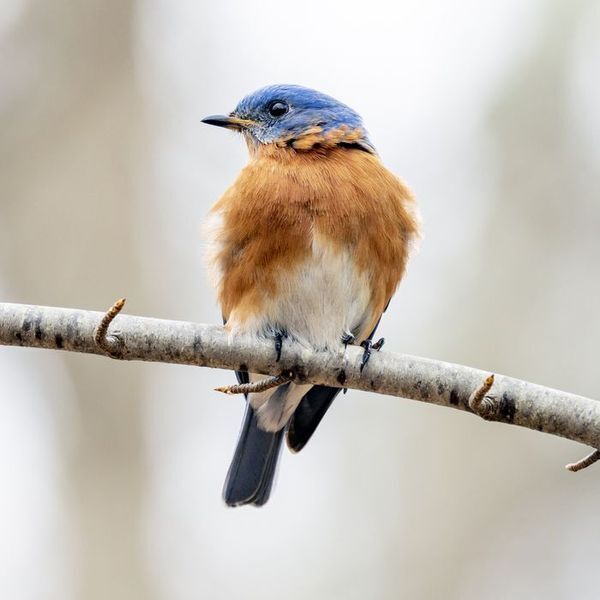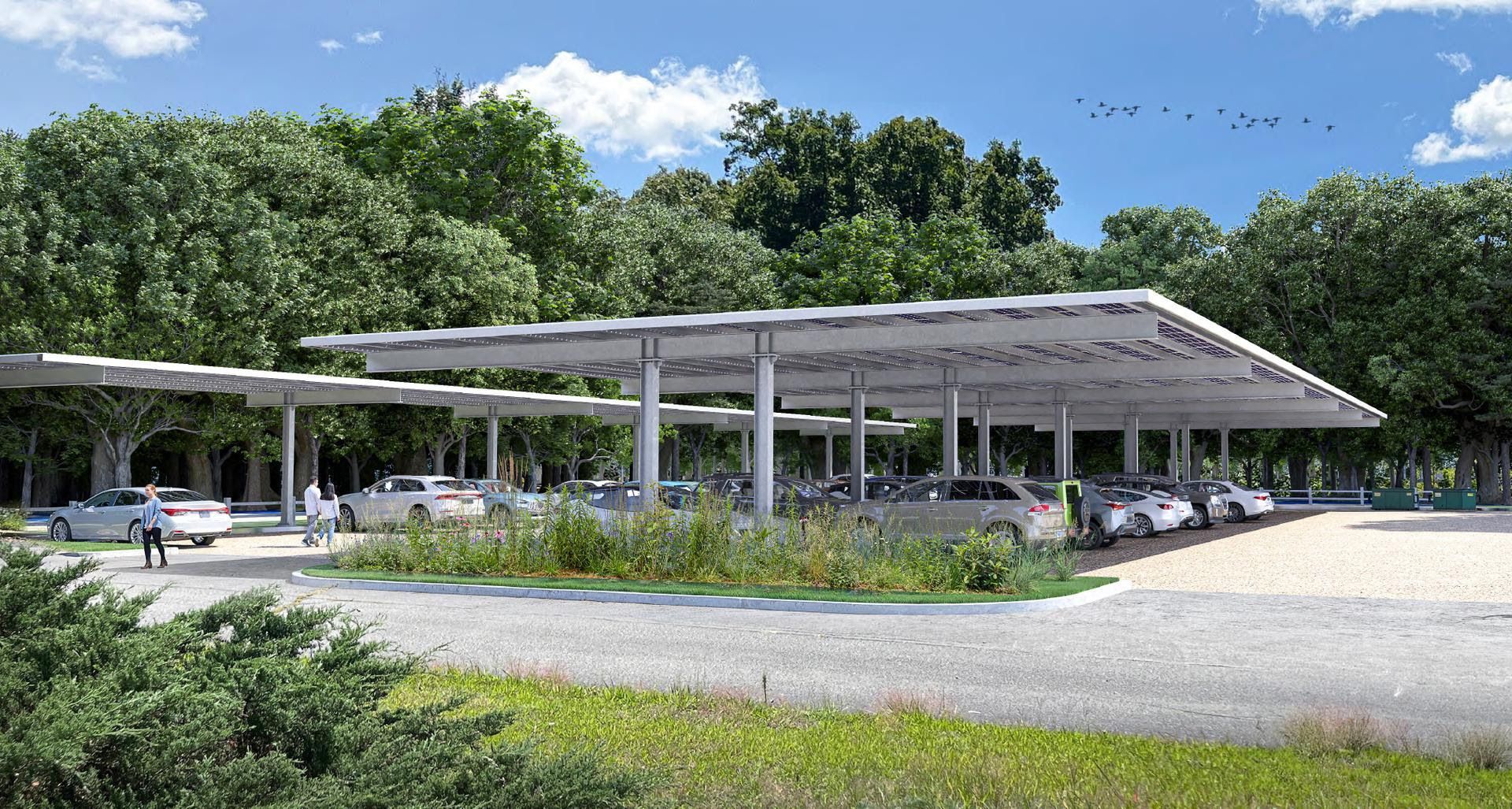Published on June 23, 2023
Let’s Work Together and Give Birds a Chance
By Dr. Charles Clarkson
With the alarming rate of avian decline, we all need to do more, talk more, and engage more in our communities to support bird conservation. Each of us should focus on conservation efforts that we can do in our daily lives which will have lasting impacts to our bird communities.
As conservation organizations such as the Audubon Society of Rhode Island work hard to determine the steps that need to be taken to reverse the declining trends in the bird species found across our state, it is imperative that we pay attention to those things that can be done now, at relatively low cost and effort, to help birds.
If you drink coffee, choose certified “bird-friendly” brands. Without this certification, coffee is generally produced by removing healthy, mature rainforest and planting sun tolerant coffee plants. This habitat loss contributes to declines in populations of both resident tropical bird species and those species that breed here in Rhode Island and overwinter in the tropics. Shade grown “bird-friendly” coffee farms maintain biodiversity by providing habitat for birds, insects, reptiles, mammals and amphibians (Williams et al. 2021). Purchase certified “bird friendly” coffee in the Audubon Nature Shop or order online at asri.org/coffee (see page 18.) Encourage others to do the same.
Cats (both domestic and feral) kill between 1 – 4 billion birds each year in the United States alone, have caused the extinction of 33 bird species on a global scale and kill over 1 million seabirds each year on oceanic islands. And the direct mortality is only part of the problem. As more cats invade habitats around the globe (and cat populations are increasing), more bird communities are having to alter behavior in the presence of a new predator threat. This can have profound population-level effects as it impacts adult and juvenile survival and clutch size. Keep your cats indoors and encourage your neighbors to do the same.
Knowledge is power and it is possible to have a measurable impact by changing your consumption habits and instituting small changes around your home. You can directly impact the state of our world’s birds. If we all row this boat in the same direction, we will get to a better place.
Dr. Charles Clarkson is the Director of Avian Research at the Audubon Society of Rhode Island.



















